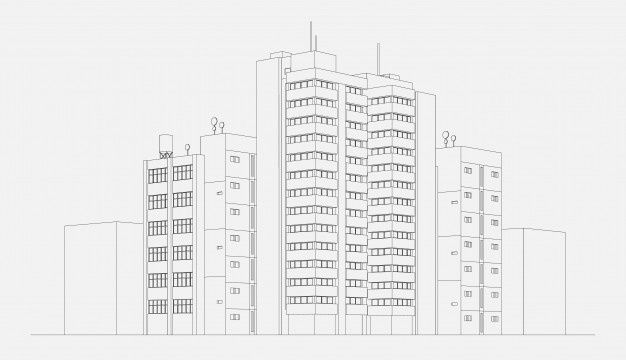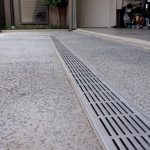Expansive cement, when mixed with water, forms a paste that, after setting, tends to increase in volume to a significantly greater degree than Portland cement paste. This expansion may be used to compensate for the volume decrease due to shrinkage, or to induce tensile stress in reinforcement.
Types of Expansive cements:
Type K:
An expansive cement containing anhydrous tetra calcium alumino-sulphate, which is burnt simultaneously with a Portland cement composition, or burnt separately, when it is to be interground with Portland cement clinker or blended with Portland cement, calcium sulphate and free lime.
Type M:
It is a mixture of Portland cement, calcium-aluminate cement and calcium sulphate
Type S:
It is a Portland cement, containing a large compound of tricalcium-aluminate content and modified by an excess of calcium sulphate, above the usual optimum content.
In all cases, the specific surfaces or fineness of expansive cement has a major influence on its expansion characteristics.
The increase in specific surface accelerates very early formation of ettingite in the plastic mix, and as a result, with the increase in the specific surface for a given sulphate content, the amount of expansion decreases with increasing surface area.



Comments are closed